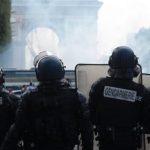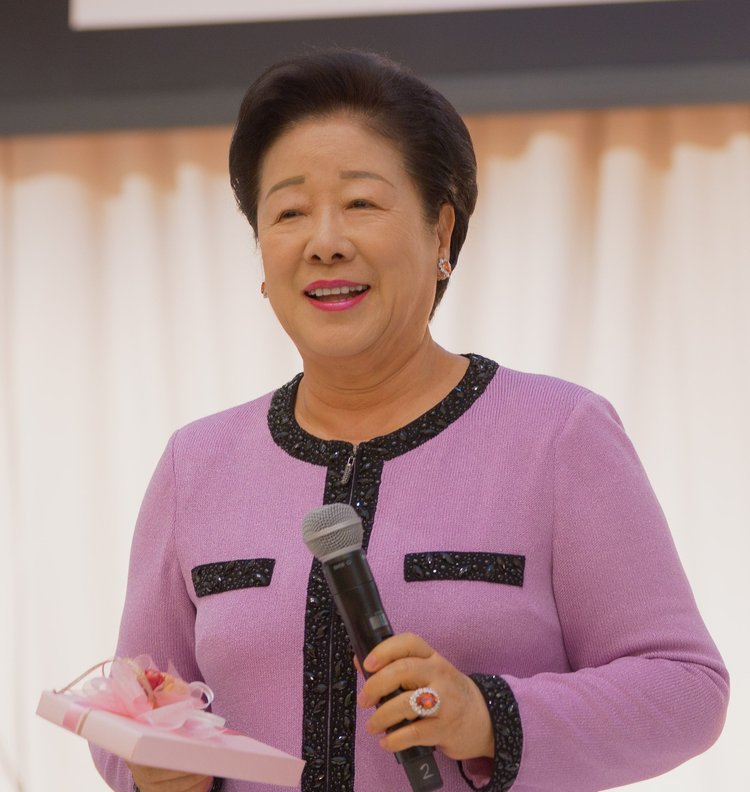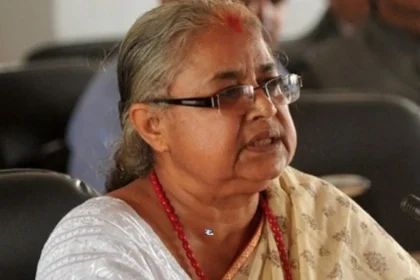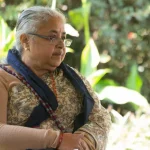What’s Happening
Hak Ja Han, the 82-year-old leader of South Korea’s Unification Church (also known as the Family Federation for World Peace and Unification), has denied allegations that she directed the church to bribe former First Lady Kim Keon-Hee. The accusations suggest that the church offered luxury gifts—like Chanel bags and a diamond necklace—as part of efforts to secure political favors.
Prosecutors are investigating claims that the church, via a senior official, sought to influence policy decisions or approvals benefitting its business and development goals. Former First Lady Kim is one of the targets of the probe.
Details of the Allegations
- The specific alleged bribe to Kim Keon-Hee, reportedly valued at about 80 million won (around US$58,000), is said to have included luxury items such as designer handbags and jewelry.
- Another figure involved in the investigation is Kweon Seong-dong, a lawmaker close to former President Yoon Suk Yeol, who is suspected of receiving political funding or favors from the church official. Kweon has denied the accusations.
- The church says the accused official acted independently—outside its direction—and that Han herself was not involved.
Investigation Underway
Han has been summoned multiple times by a special prosecutor investigating corruption and influence misuse tied to the former presidential administration. She appeared for questioning while citing health concerns, after previously declining summonses.
Prosecutors have requested an arrest warrant for Han, a request that courts will decide on in due course. Seizure of evidence, concerns over document destruction, and questions about political funding and influence are central to the ongoing probe.
Han’s Response & Church’s Stance
Han has publicly rejected all charges of wrongdoing. She called the allegations “false information” and stated she never directed any illegal political funding or bribes.
The Unification Church has similarly denied institutional involvement, while expressing regret for misconduct by a former senior church official. The church insists that the alleged behavior was not authorized by top leadership.
Significance and Wider Implications
- Political Fallout: The probe is one of several that have emerged under South Korea’s current liberal government, which is scrutinizing corruption, alleged abuses of power, and influence-peddling tied to the previous administration.
- Public Trust & Church Influence: The Unification Church has long been a powerful religious group with political ties, making the allegations particularly sensitive in public discourse about church-state relations.
- Legal Precedent: What courts in South Korea decide here—especially regarding who is responsible when a subordinate acts independently—could set precedent for how similar cases are treated.











